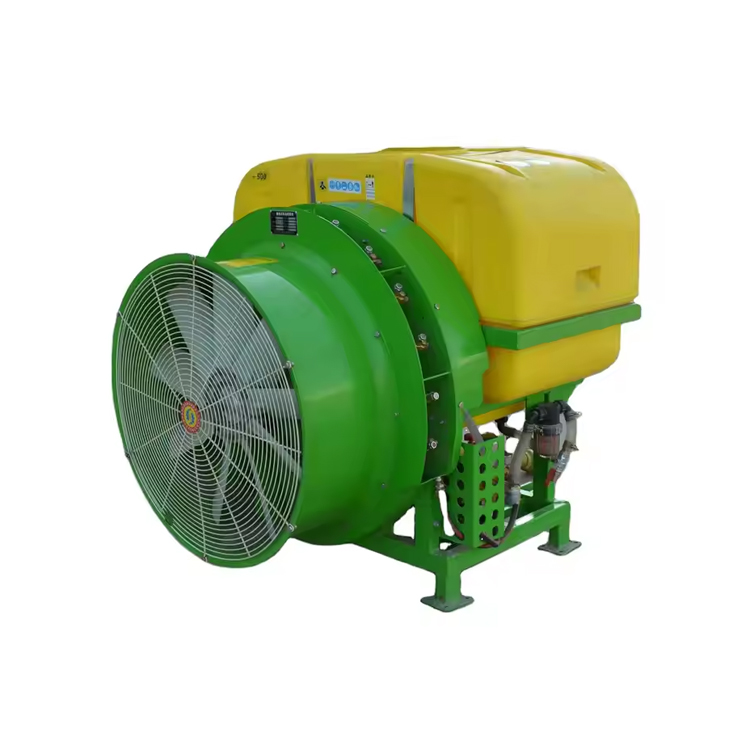What's the Hidden Benefits of Air Blast Sprayers?
2025-02-05
Air blast sprayers are widely used in agriculture, particularly in orchards, vineyards, and other specialty crops. While their primary function is to apply pesticides, fertilizers, and other agricultural chemicals efficiently, they offer several hidden benefits that many farmers and growers might not immediately recognize. This article explores the lesser-known advantages of air blast sprayers and how they contribute to improved agricultural productivity.
1. Increased Efficiency and Cost Savings
One of the biggest advantages of air blast sprayers is their ability to maximize efficiency. By using air assistance to carry droplets deep into plant canopies, they ensure that chemicals reach their intended targets with minimal waste. This precision reduces the amount of pesticide or fertilizer needed, leading to significant cost savings over time.

2. Reduced Chemical Drift
Chemical drift is a major concern in traditional spraying methods, as it can lead to unintended contamination of nearby crops, water sources, or residential areas. Air blast sprayers, however, use directed airflow to guide the spray toward the target plants, minimizing drift and ensuring a more environmentally friendly application.
3. Enhanced Canopy Penetration
Crops with dense foliage can be difficult to treat with conventional spraying methods. Air blast sprayers use powerful airflow to push droplets deep into the canopy, ensuring even coverage on both upper and lower leaf surfaces. This thorough application improves pest and disease control, leading to healthier crops and higher yields.
4. Time-Saving Benefits
Compared to traditional sprayers, air blast sprayers allow farmers to cover large areas in less time. The increased efficiency of chemical delivery means that fewer passes are required, reducing the overall time spent on spraying operations. This allows growers to focus on other important farming tasks, optimizing labor and operational productivity.
5. Water Conservation
Traditional spraying methods often require large amounts of water to achieve adequate coverage. Air blast sprayers, however, can reduce water consumption by delivering chemicals more precisely with fine mist droplets. This not only conserves water but also reduces runoff and environmental impact.
6. Versatility Across Crops
Air blast sprayers are highly versatile and can be used across different types of crops, including fruit trees, vineyards, berry bushes, and nut orchards. Their adaptability makes them an excellent investment for farmers who grow multiple crops with varying canopy structures.
7. Improved Crop Quality and Yield
By providing more uniform and effective chemical application, air blast sprayers help prevent pest infestations and diseases that could harm crop quality. Consistently healthy crops lead to better yields and higher profits for farmers.
Conclusion
While air blast sprayers are primarily valued for their spraying efficiency, their hidden benefits make them an essential tool for modern agriculture. From reducing chemical waste and water usage to improving crop health and saving time, these sprayers offer numerous advantages that go beyond basic pesticide application. Investing in air blast sprayers can enhance farming operations and contribute to a more sustainable and profitable agricultural system.


